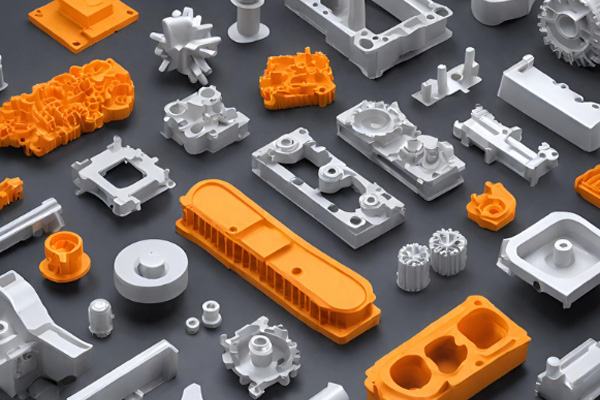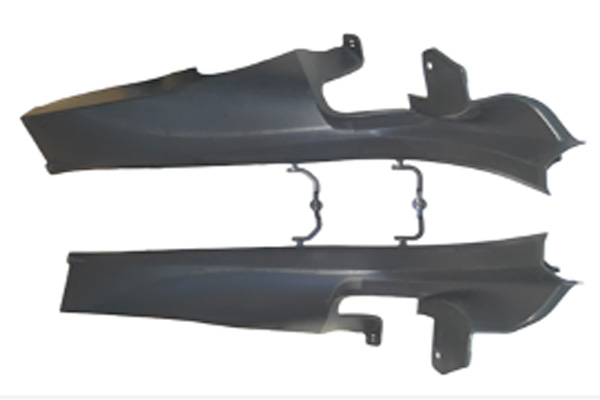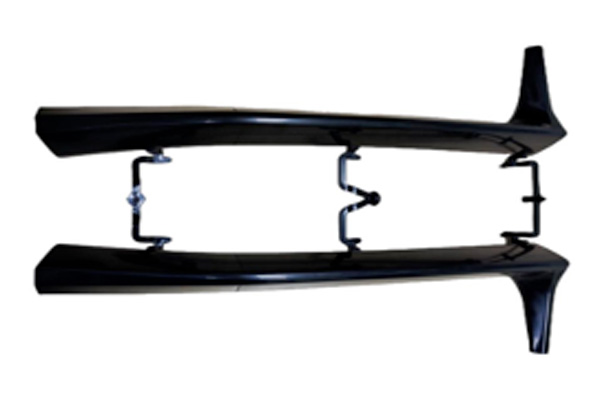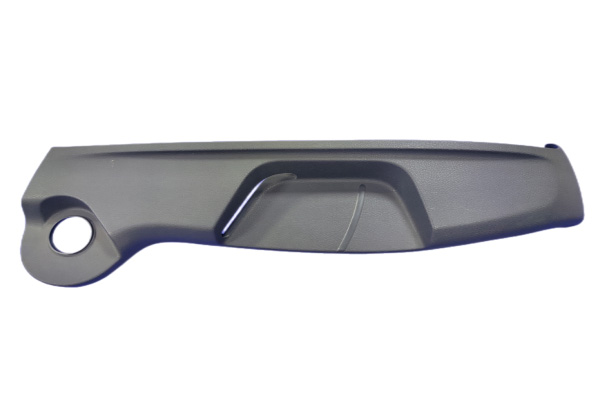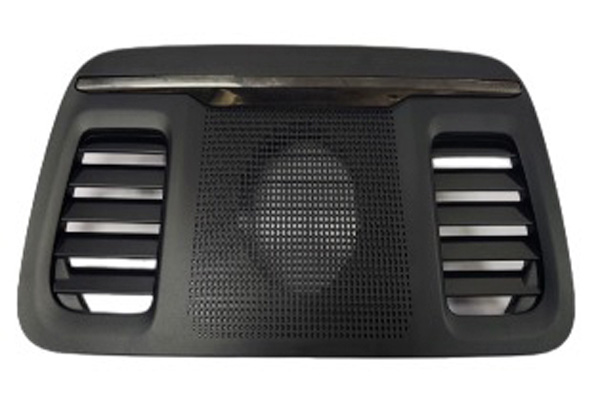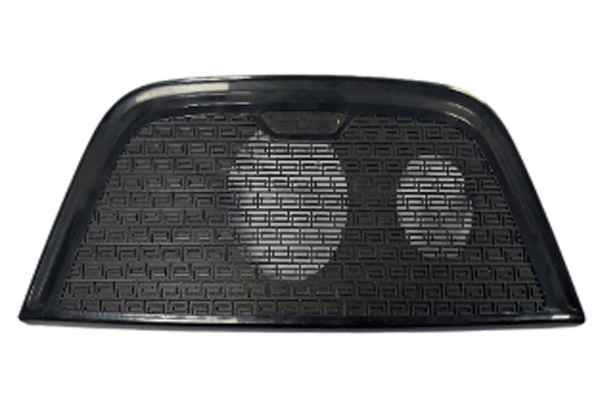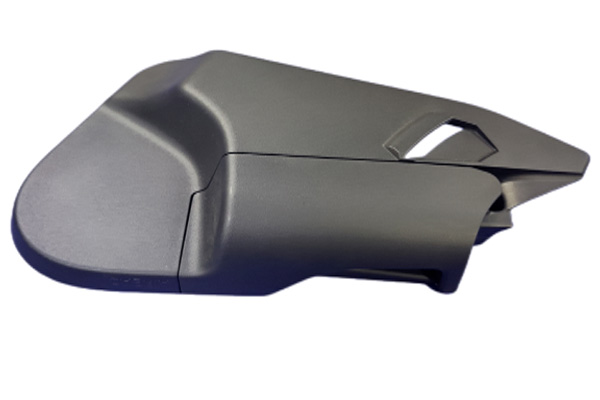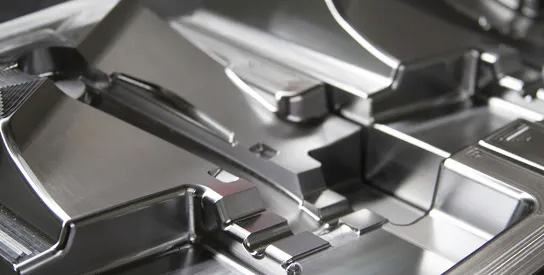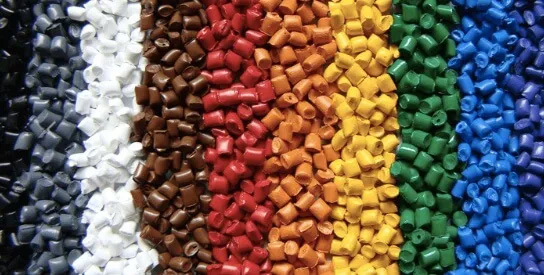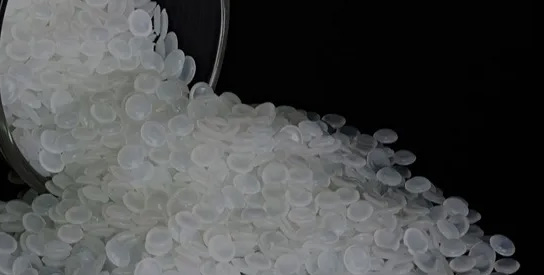Injection Moulding FAQs
Injection moulding is plastic manufacturing process that can produce high quality parts at scale. It’s typically used for low- to high-volume production but our aluminium tooling can also make prototyping runs economical.
- Low cost at higher volumes
- Exceptional part cosmetics and surface finish
- Repeatable
- Complex parts
- Low scrap rate
- Large selection of thermoplastic and thermoset materials
Injection moulding is widely used for plastic part production in medical, consumer, and automotive industries. Typical parts include:
- Housings
- Brackets
- Gears
- Single-use medical parts
- Electrical connectors
- Syringes
- Containers
Our moulds start from $1000, however, because of the initial capital investment in tooling, injection moulding makes sense for higher volumes of parts. Our mould costs will vary depending on part geometry and complexity. Other factors that will impact injection moulding cost are lead times and material.
To find out how much your part will cost, upload your CAD model to get a free quote.
Yes, we offer a production tooling option called on-demand manufacturing. This tooling option provides several benefits: lower piece part price, multi-cavity capabilities, guaranteed tooling for the life of the project (we will cut a new tool if it wears out), and first article inspections.
There are high-volume applications where it is better to choose our ODM offer using aerospace-grade aluminium tooling and others where it makes more sense to opt for steel moulds – speak to our application engineers for advice.
The production cycle mainly depends on the complexity of the mold and the error requirements. We will produce high-quality, ultra-durable, high-precision products and molds for you as soon as possible.
We have wide selection of more than 100 thermoplastic and thermoset materials. And if you’re looking for alternative material options, check out our guide to resin substitutes for ABS, PC, PP, and other commonly moulded plastics.
Thermoplastics
- ABS
- ABS/PC
- Acetal
- Acetal Copolymer
- Acetal Homopolymer/Delrin
- HDPE
- LDPE
- Nylon
- PBT
- PEEK
- PEI
- PMMA (Acrylic, Plexiglas)
- Polycarbonate
- Polypropylene
- PS
- PPS
- TPC-ET
- TPE
- TPU
- TPV
Thermosets
- Standard Silicone (30,50,60 and 70 durometers)
- Dow Corning MS-1002 Clear
- Dow Corning MS-4002 Optical Clear
In most cases, we can maintain a machining tolerance of +/- 0.08mm with an included resin tolerance that can be greater than but no less than +/- 0.002mm/mm.

